English
繁體中文
简体中文
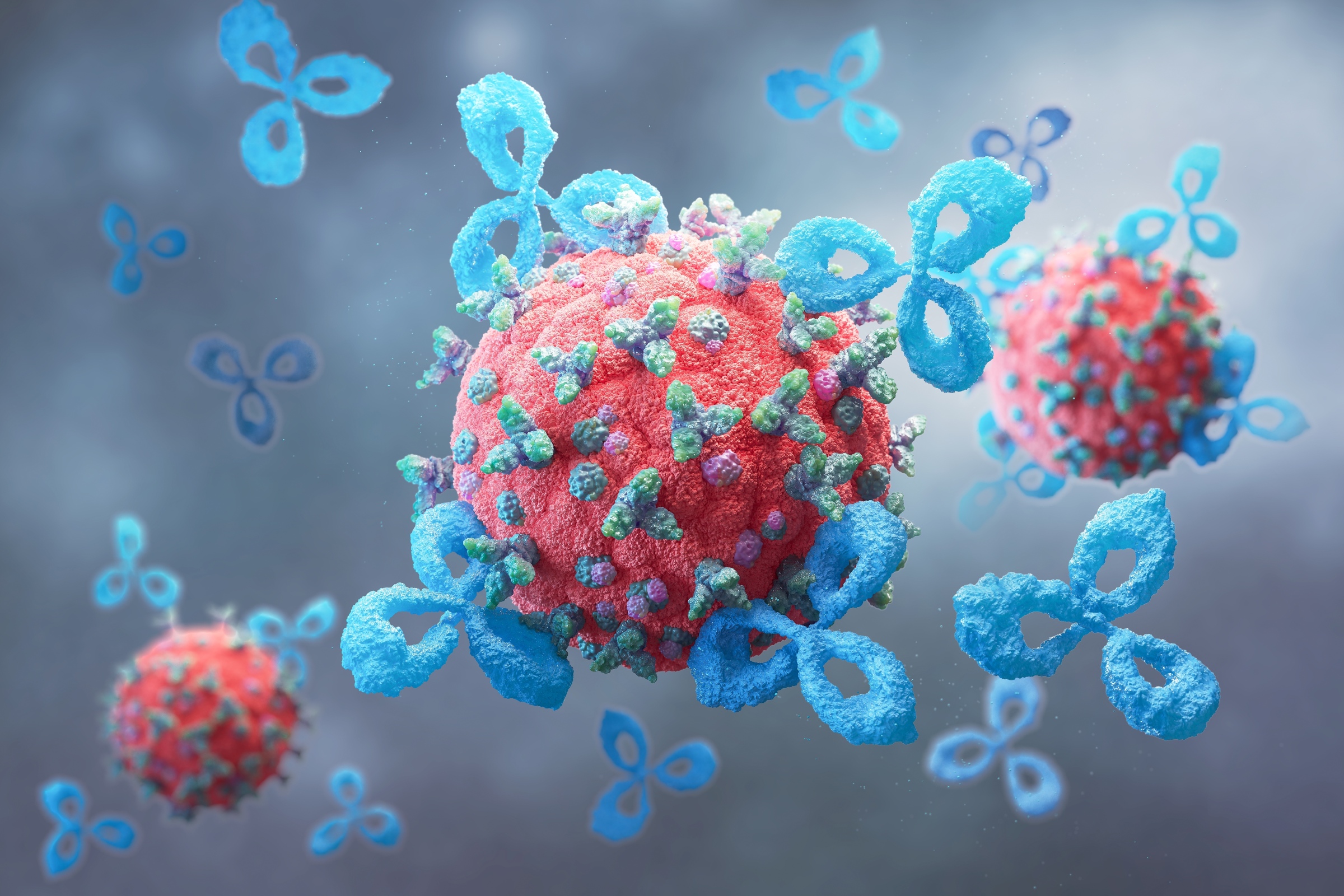
Picture a swarm of microscopic warriors – virus-like nanofibres – storming a breast tumour like a fortress, armed with oxygen and laser precision. Developed by a brilliant team at CUHK, these nanofibres can find breast tumours, produce oxygen, and help destroy cancer with light. In mouse studies, they made tumours shrink quickly, even in areas where current treatments often fail. This breakthrough could defy the limit of traditional therapies and spark a wildfire of hope for more targeted, less harmful cancer therapies.
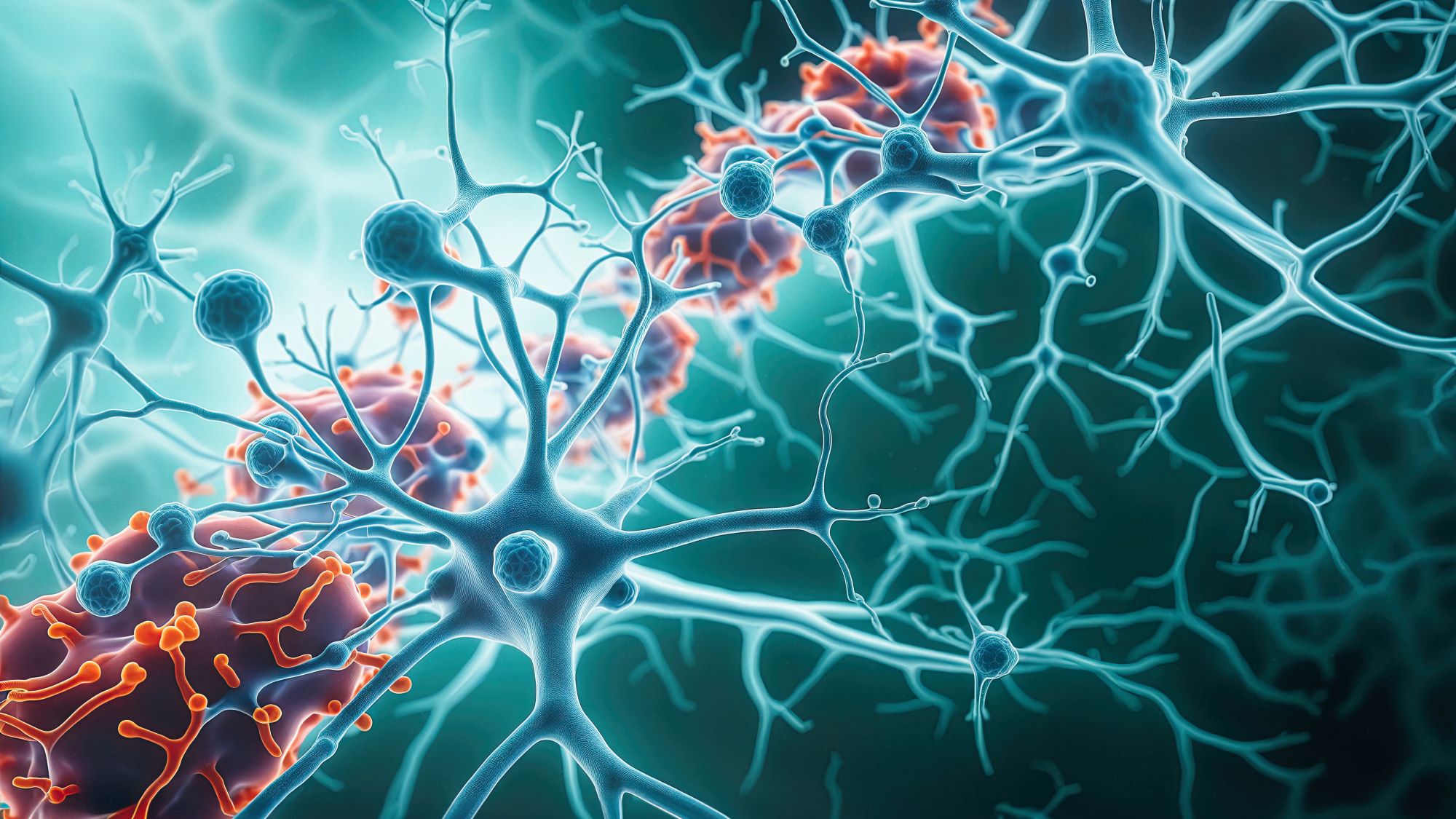
Huntington’s Disease, a cruel genetic curse that robs individuals of control over their own bodies, has long remained a therapeutic enigma. Recently, CUHK researchers may have unlocked a critical piece of the puzzle. By identifying PAPD5 as a key culprit in neuronal damage and showcasing the potential of the BCH001 inhibitor, they are opening a promising new chapter in the fight against this devastating condition.

From the robust textures of the Great Wall’s ancient bricks to the meticulous assembly of Roman arches, masonry has long stood as a testament to human ingenuity and aesthetic vision. A cross-disciplinary team at CUHK has reinterpreted traditional craftsmanship through technology—CU-Brick. By integrating cable-driven robotics and automated programming, this innovation breathes new life into traditional bricklaying techniques in the digital age. The system accurately replicates the profound understanding of geometric structures mastered by historical artisans and sparks a dynamic interplay between modern engineering and creative inspiration. Bricklaying transcends mere repetitive stacking, evolving into an innovative dialogue that bridges engineering, architecture, and art—unleashing unprecedented creative potential for future architectural masterpieces.

Rejoice – no more worrying about battery levels or scrambling for spares. Two CUHK inventions are bringing a battery-free future closer to reality. One powers computer keyboards using energy generated simply by pressing the keys, while the other – a smart insole – harvests energy from walking to monitor gait patterns, transforming medical diagnosis and patient care.

It’s been a bumper few months for seismic achievements at CUHK. Its scholars have notched up a series of leading awards and fellowships, achieved record hauls of prizes for its inventions at two major international exhibitions and fairs; and once again ranked as one of the world’s leading seats of learning.
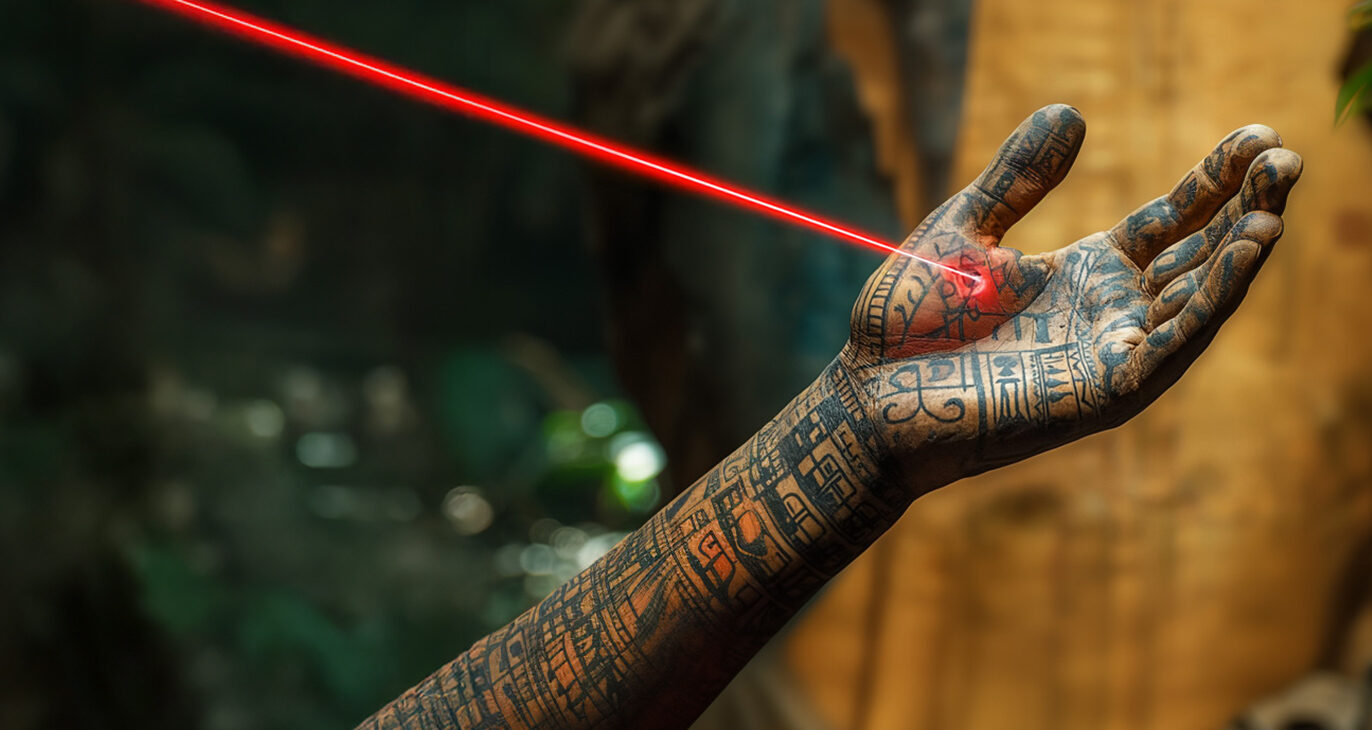
An ancient society, by some measures, may have been more advanced in tattooing than we are today. A recent CUHK-led study has revealed incredibly intricate tattoos, with details as fine as 0.1-0.2 mm, on 1,200-year-old mummified remains from Peru’s Chancay culture. Using laser-stimulated fluorescence technology – a technique originally developed to study dinosaur fossils – the research illuminates the artistic sophistication of this ancient civilisation.
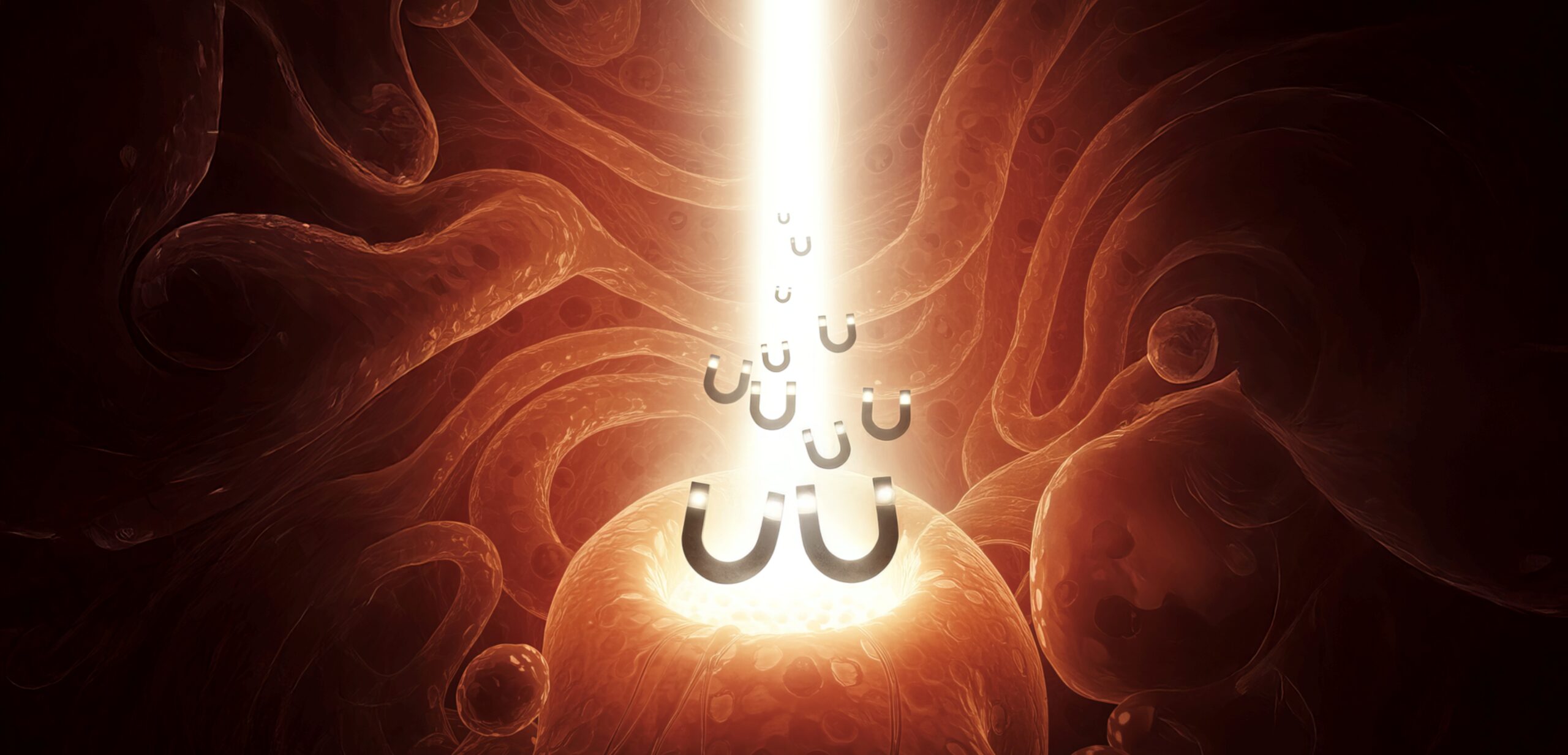
Plants stretch toward sunlight in photosynthesis, their leaves curving to seize every beam. A CUHK team has harnessed this dance with light to shape soft, magnetic materials. Their revolutionary technology using lasers and magnets—precisely calibrating light intensity during 3D printing—transforms a flat magnetic hydrogel into a dynamic 3D surface. Beyond personalised medical patches, this breakthrough also enables human face replication, information storage, and biomimetic soft robots—all through tailored light adjustments.
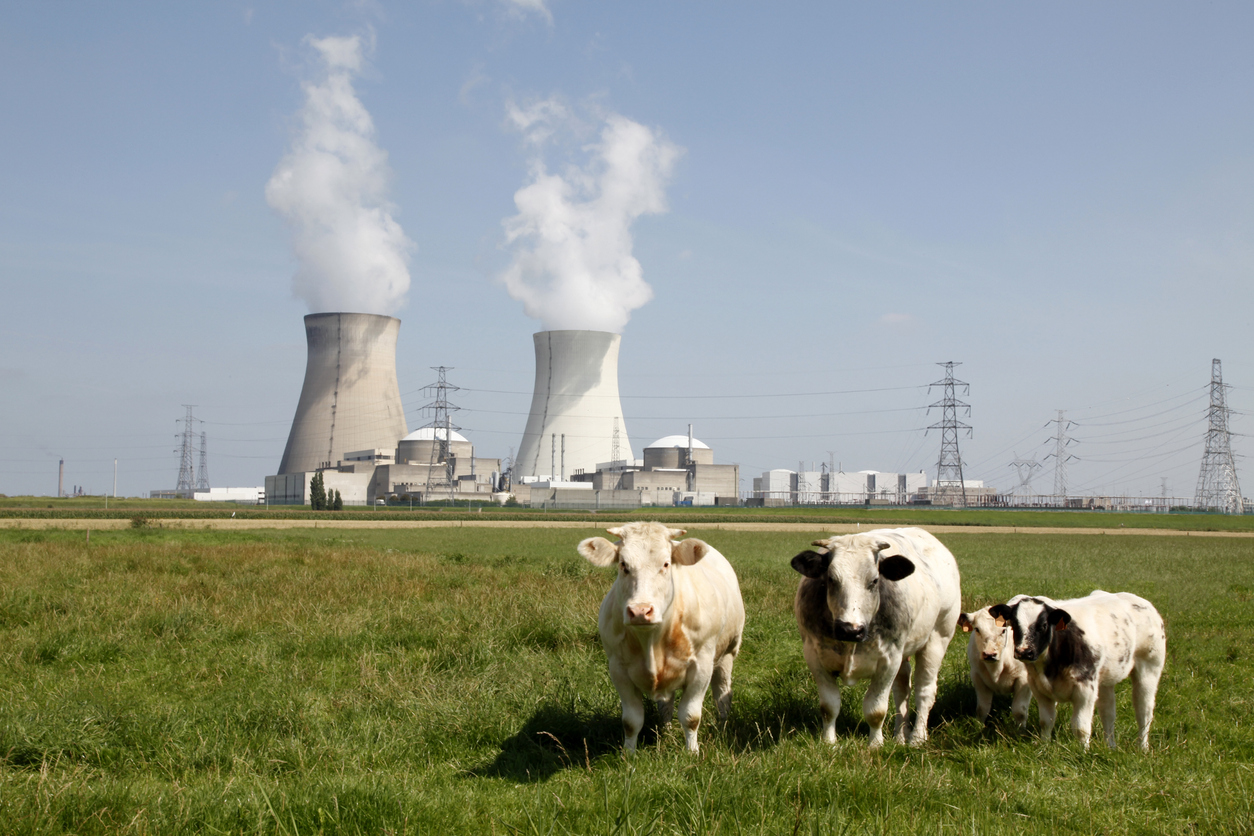
When you savor your favorite steak, you might not realise the hidden impact of your meal. According to CUHK, the rising meat consumption in mainland China is significantly worsening air pollution in less affluent regions. This is deepening the health and environmental divide between the rich and poor. So, your dietary choices are not just about taste—they’re influencing the air quality and lives of many others!
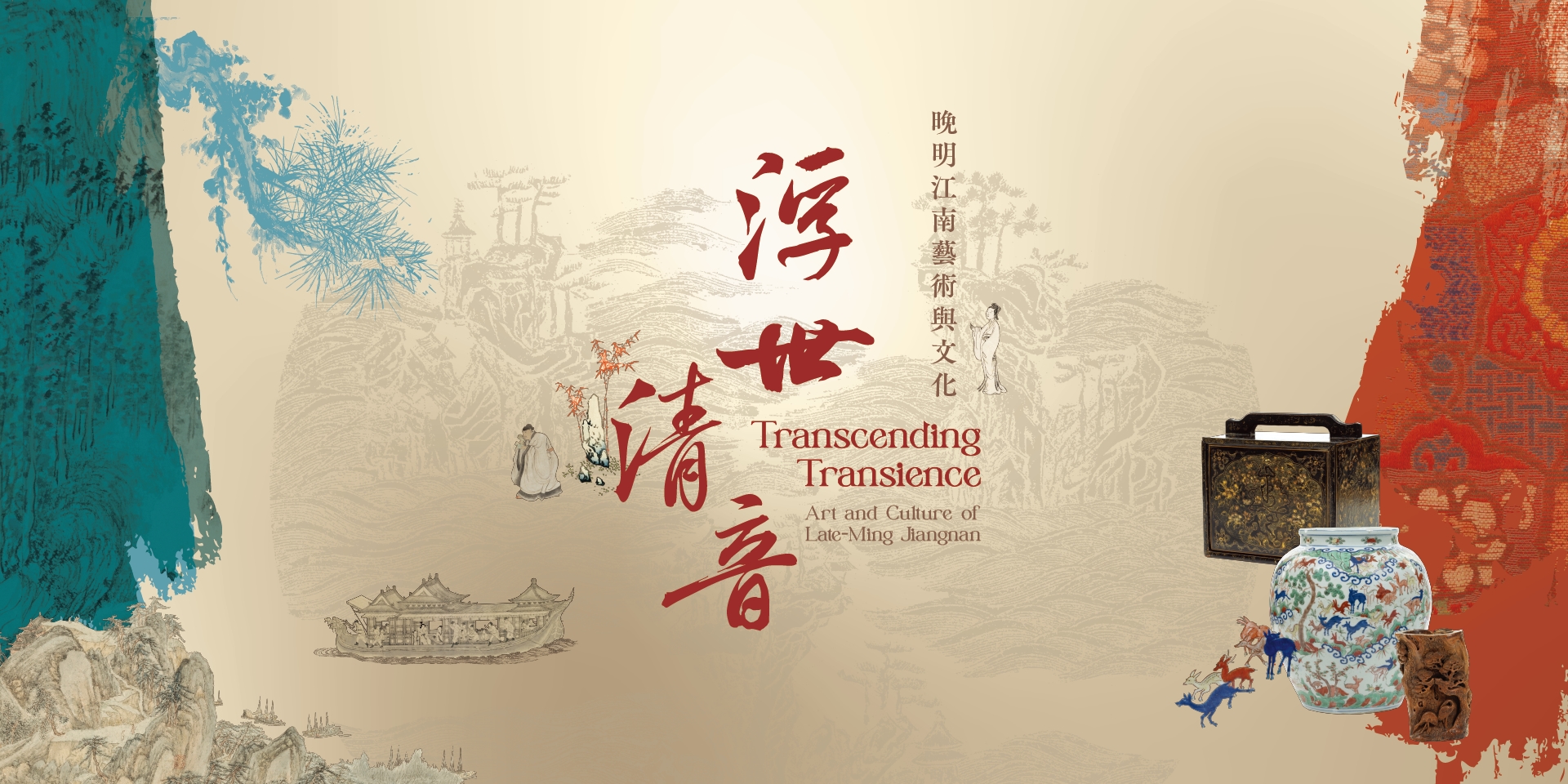
On the CUHK campus, housing over ten thousand students and staff, the cheerful voices of families strolling by Lake Ad Excellentiam, the quiet figures engrossed in the University’s extensive library collections, and art enthusiasts exploring the Art Museum collectively form a distinctive cultural ecosystem. Nestled amidst the hills, this hidden gem has recently undergone a transformation — after years of planning, the new wing, the Lo Kwee Seong Pavilion, has opened, along with the inaugural exhibition “Transcending Transience: Art and Culture of Late-Ming Jiangnan”. This not only marks a milestone in the Art Museum’s half-century journey but also embodies how CUHK, as an intellectual melting pot, bridges tradition and modernity across time and space.

Some of CUHK’s stellar stars have received recognition that they richly deserve. Profes-sor Edward Ng Yan-yung has been honoured with the Luke Howard Award, our student teams have triumphed at the iGEM competition, winning gold and silver medals, and sev-eral of our scholars have been named Highly Cited Researchers 2024. Found out more about these inspiring accomplishments.
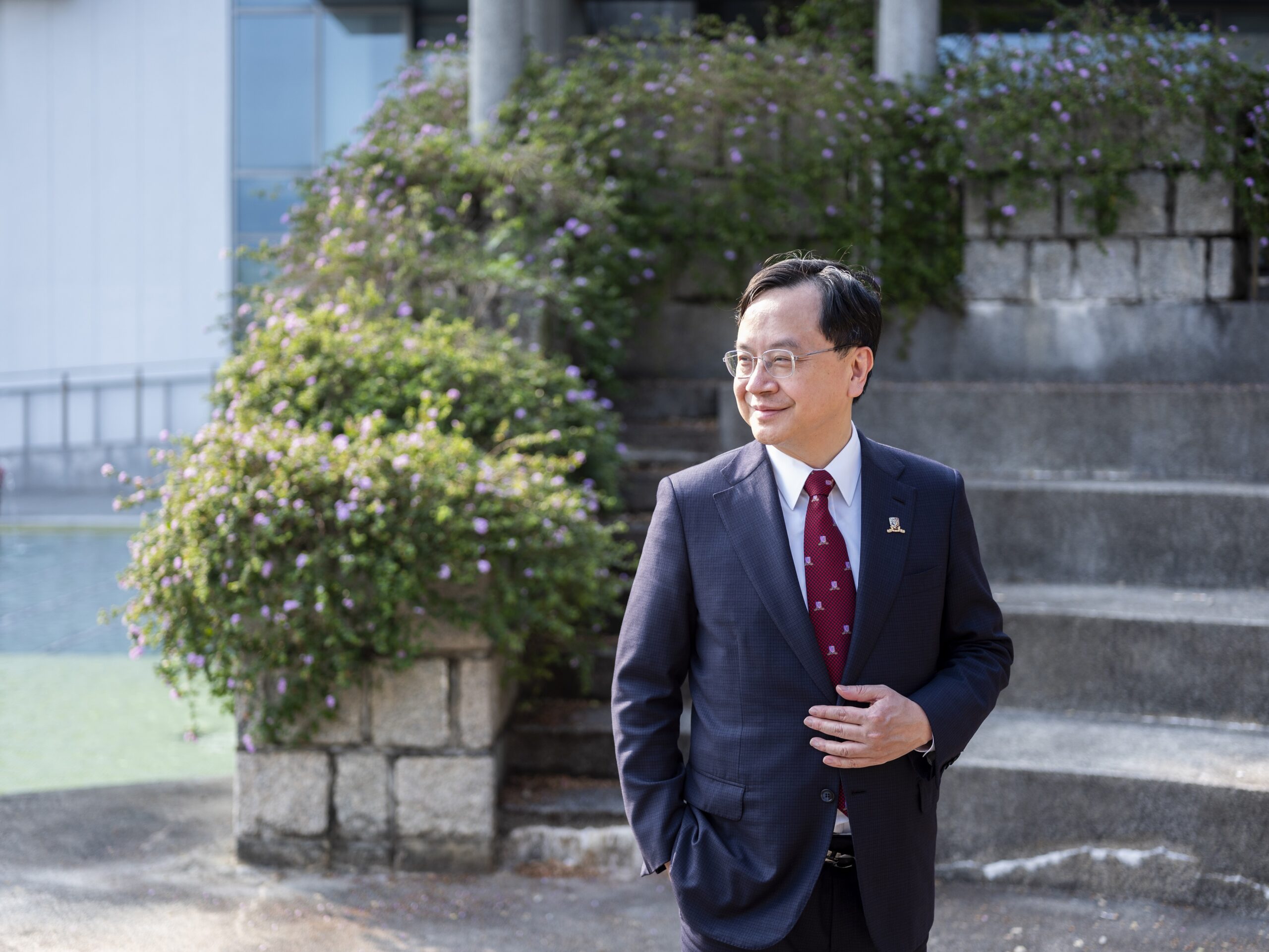
Movie and noodles may seem unlikely sources of inspiration for a world-renowned scientist, but for Professor Dennis Lo Yuk-ming, the new Vice-Chancellor and President of The Chinese University of Hong Kong (CUHK), these small things are the catalysts that inspire him to create great inventions, leading to his groundbreaking work in non-invasive prenatal testing. In recent years, he has also applied this technology to early cancer diagnosis, changing the fate of countless individuals. His contributions have earned him numerous accolades, including becoming the first Hong Kong laureate of the Lasker-DeBakey Award.
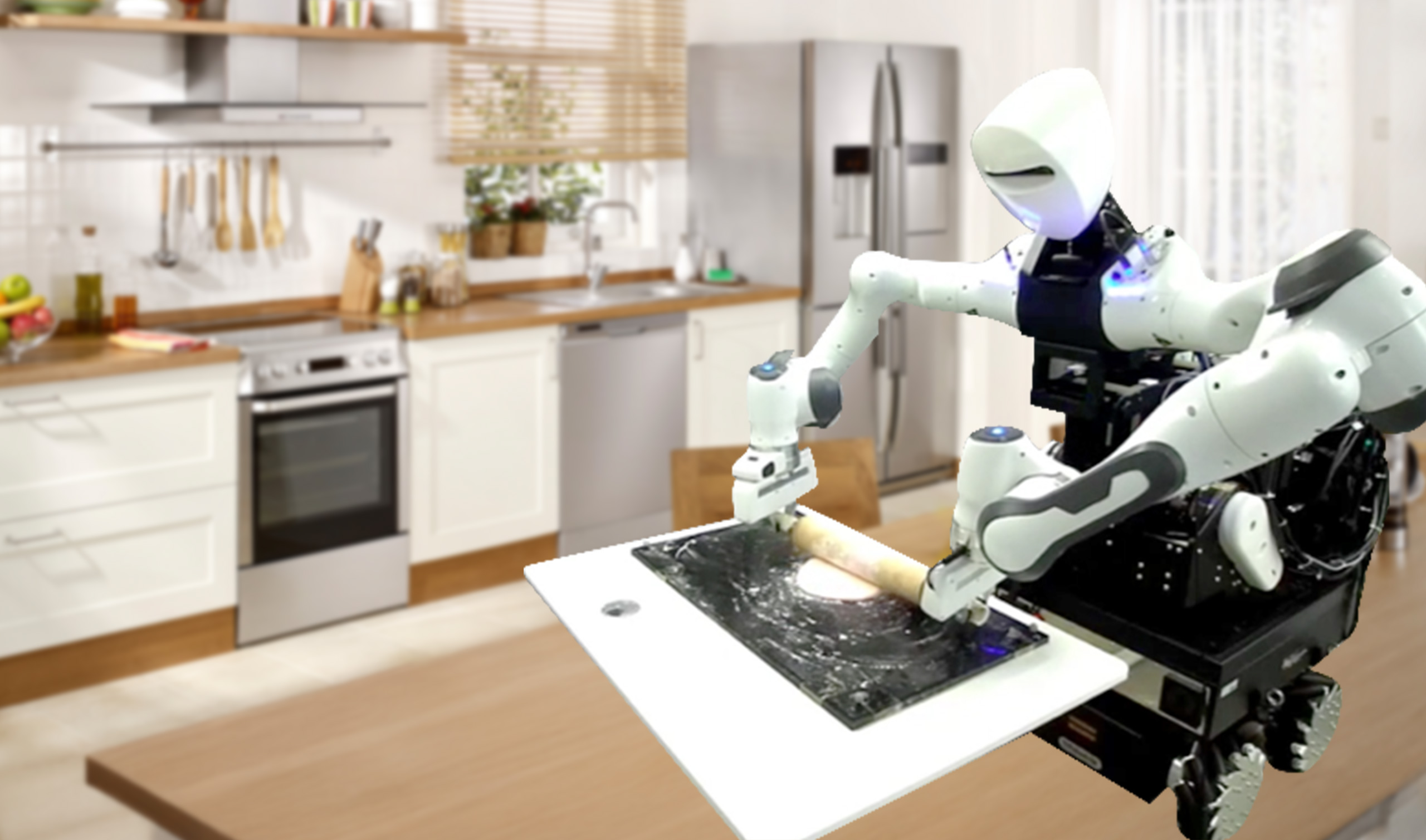
CURI, developed by CUHK, is a robot that learns tasks by observing humans demonstration. Equipped with a colour-depth RGB-D camera and a collaborative anthropomorphic arms, CURI ensures precision and efficiency. The research team has used simulated ingredients to teach CURI cooking tasks. Although CURI has not cooked real food, the potential for it to become a Michelin-star chef in the future is exciting. Imagine this Michelin-star chef can prepare perfectly seasoned dishes just for you!
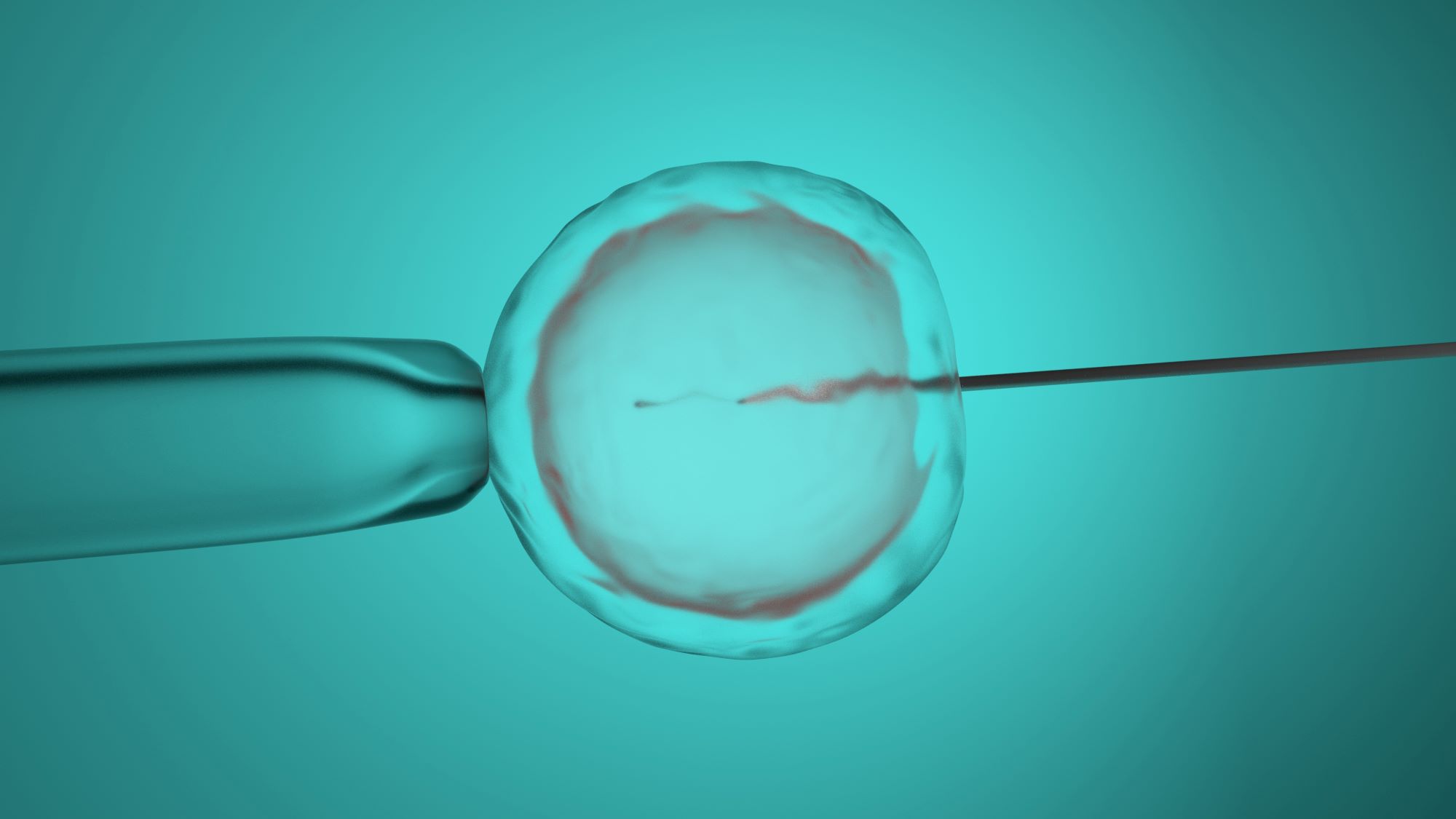
In a world captivated by the allure of cutting-edge technologies, the siren call of innovation often beckons people towards the newest offerings. But sometimes a scientific trial comes along and shows that under certain circumstances, conventional method still holds its ground. In the case of IVF treatment, researchers from CUHK and Queen Mary University of London recently discovered that contemporary time-lapse imaging (TLI) systems for monitoring embryo development do not outperform conventional methods.
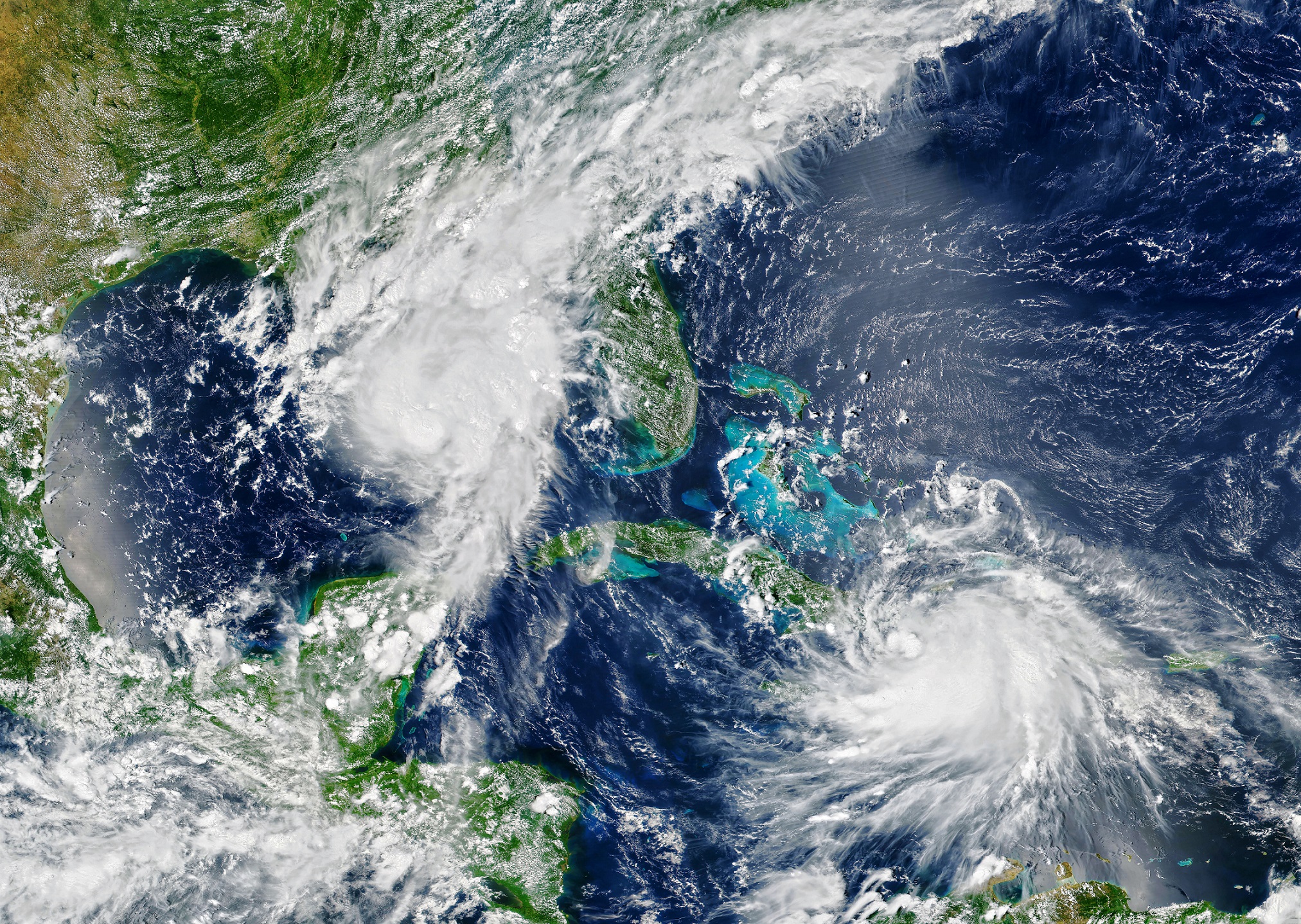
FengWu is not your typical weather forecaster. Forget the human touch – this AI-powered marvel is a game-changer in meteorology. Imagine a forecaster with vision so sharp, it’s like upgrading from a blurry old TV to the latest 8K ultra-high-definition screen. FengWu’s spatial accuracy are over seven times than current weather models. And it doesn’t just stop at tomorrow’s weather; FengWu can peer into the future with stunning accuracy, extending reliable forecasts up to an incredible 11.25 days. It’s not just forecasting the weather; it’s rewriting the rules of the game.

When we interact with the world around us, it might feel simple and instinctive – but it happens because of an incredibly complicated physical process. LIMER, a new technology from CUHK, has uncovered the role in that process of the endoplasmic reticulum, a key component of our cells. It’s a discovery that opens up an exciting possibility – potential treatments for the many diseases that can develop when our cells’ response mechanism goes awry.

CUHK has been a trailblazer on multiple fronts of late. Not only has the University taken a pivotal role in scientific exploration of Earth’s most remote and fascinating region, its poles, but it has also broken new ground with the appointment of Nobel laureate James J. Heckman as a Distinguished Professor-at-Large, as well as notching multiple award wins and a record high global institution ranking.
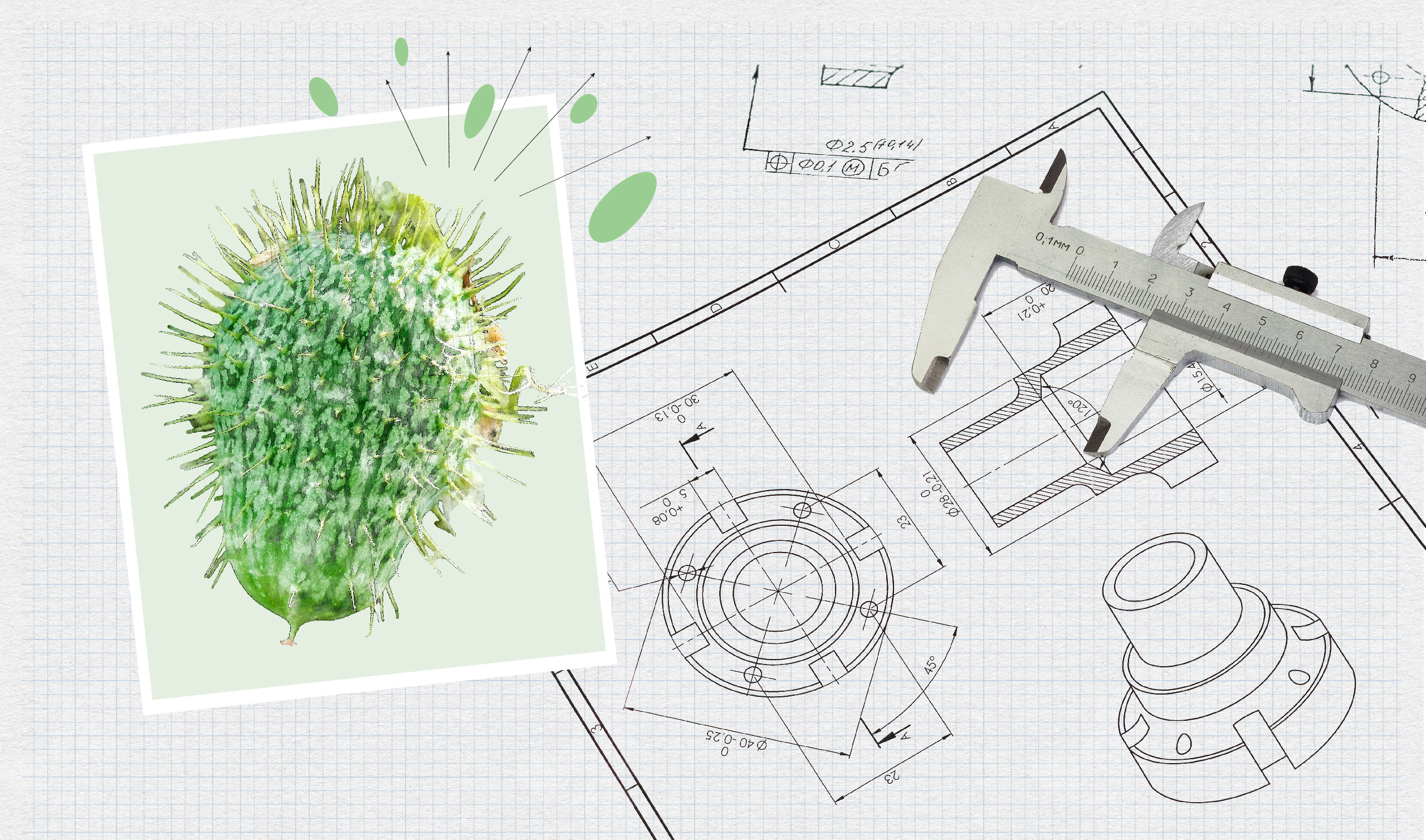
Ever seen a cucumber launch its seeds like a tiny rocket? CUHK researchers did, and they thought “Why not use that for robots?” Inspired by the squirting cucumber plant’s explosive method of launching its seeds, a CUHK research team developed a groundbreaking power amplification system that propels mini robots to new heights of speed and agility, making them perfect for medical missions deep inside the human body. With machine learning enhancing their control and navigation, these micro marvels are set to revolutionise the field of medicine.
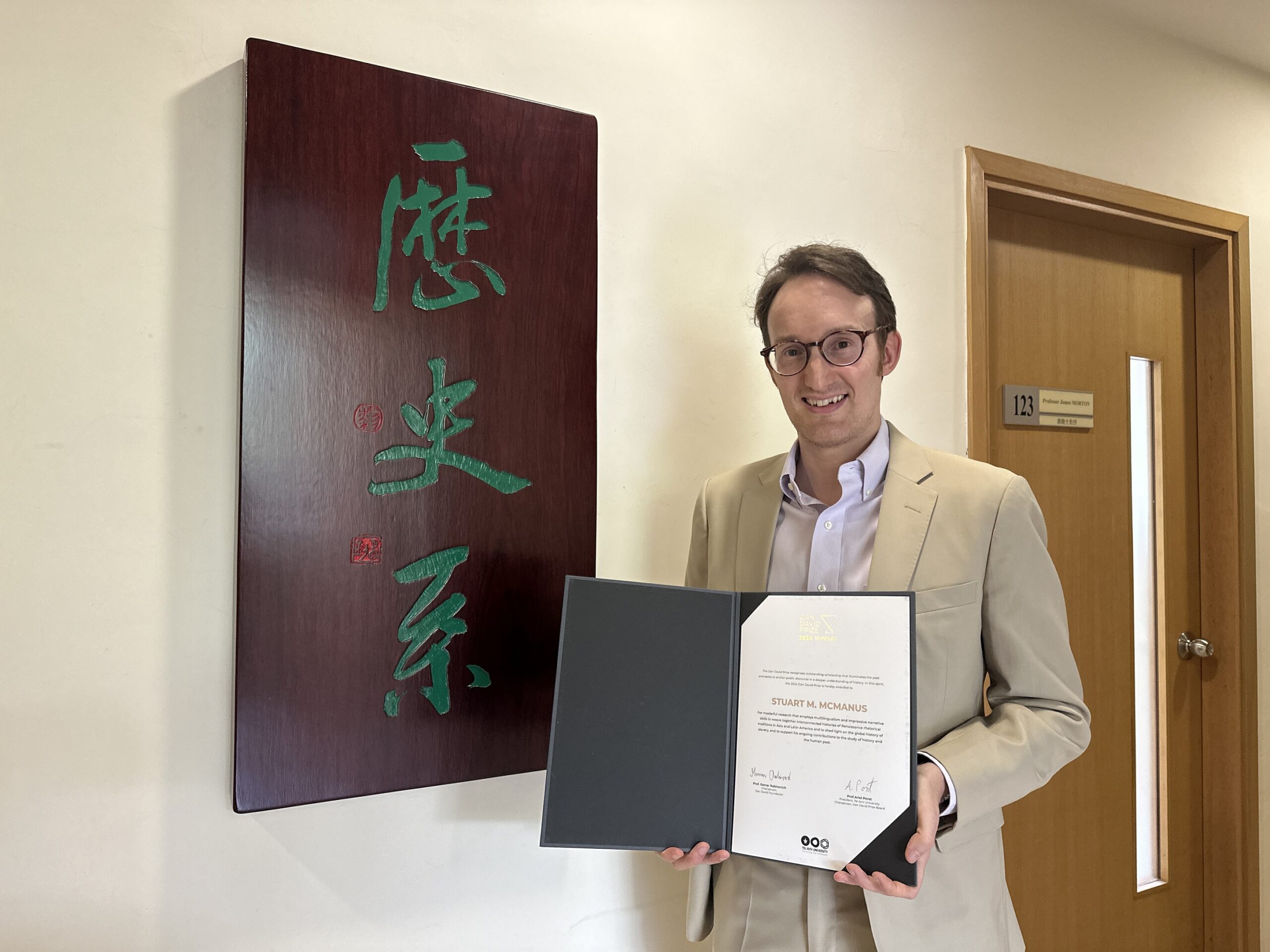
Most of us think of the Renaissance as something that happened in Europe. Not so, says Professor Stuart M. McManus from CUHK’s Department of History. His work, which has scooped him the Dan David Prize, the world’s leading history award, represents a highly ambitious attempt to set the record straight, yoking together different regions and eras to understand how cultures influence and reflect each other across the globe.
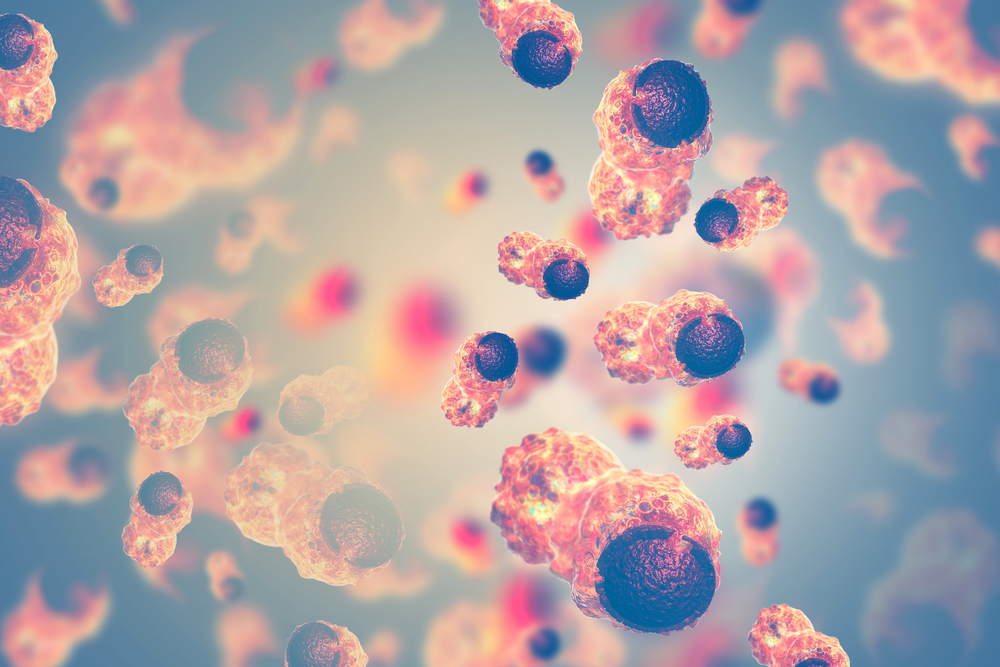
It might be commonplace, but the Epstein-Barr virus (EBV) can be deadly, causing several types of cancer, including nasopharyngeal carcinoma, one of Hong Kong’s most lethal. CUHK researchers have developed a groundbreaking mRNA-based drug that effectively makes cancer cells infected with EBV self-destruct. By selectively eliminating virally infected cancer cells, this innovative therapy could offer a more effective and gentler way to treat this challenging form of cancer.
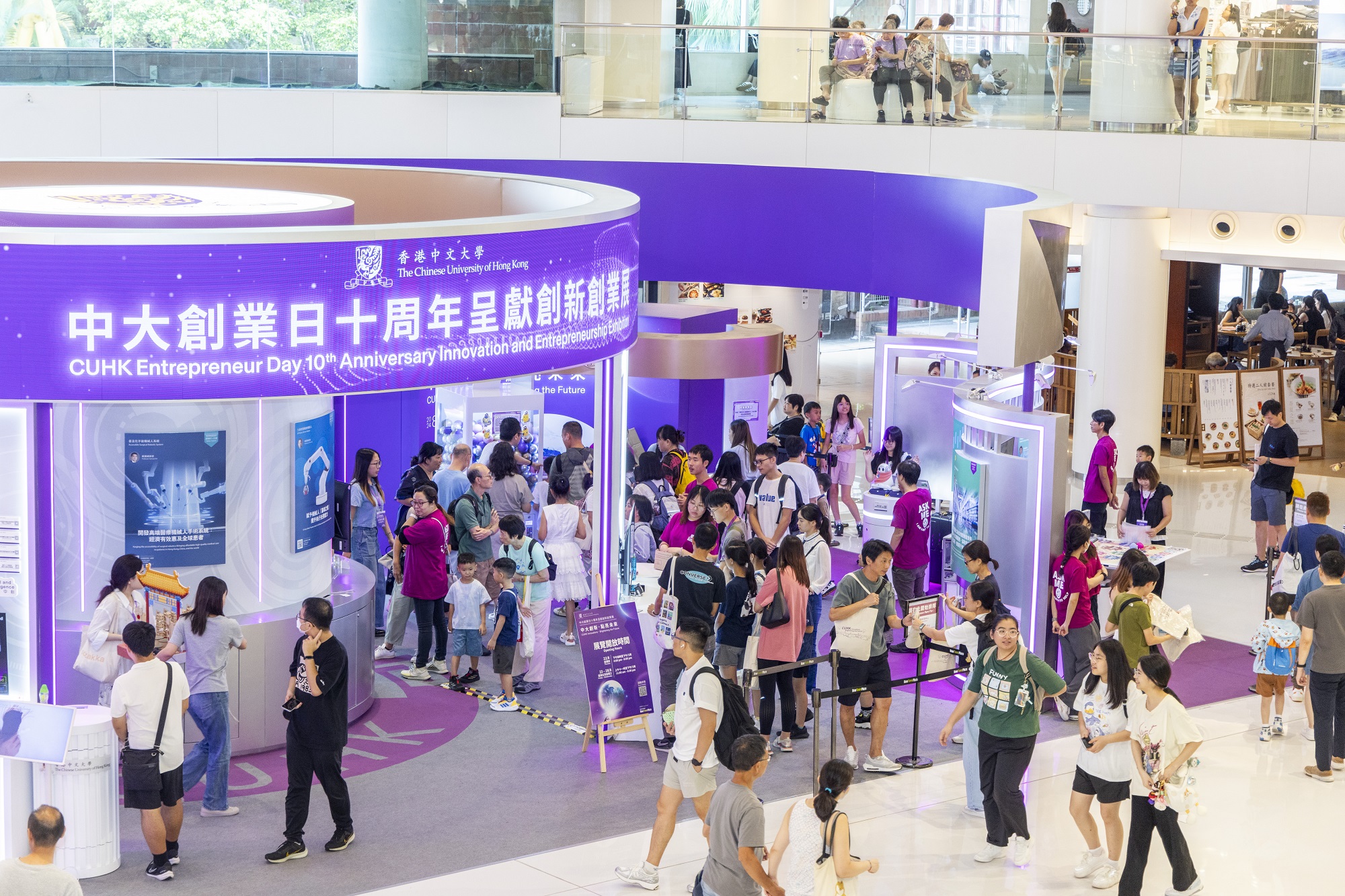
Let’s envision a future where sustainable practices ensure food security, innovative battery technologies power our lives, and logistics solutions streamline our world. At CUHK’s 10th Entrepreneur Day, a special exhibition highlighted groundbreaking projects that showcase the University’s commitment to innovation. These pioneering initiatives illuminate the path toward a brighter, more sustainable tomorrow.

CUHK is making waves around the world. Its consistent academic excellence has earned it the top spot among Hong Kong universities and a notable 42nd place in the prestigious U.S. News and World Report’s Best Global Universities ranking. Delving deeper, the exceptional contributions of its medical scholars in the realm of digestive health have garnered global recognition. What’s more, its commitment to sustainability shines through its hosting of the influential THE Global Sustainable Development Congress, solidifying its position as a leader in fostering a greener future. Read more to discover the full extent of CUHK’s remarkable achievements.

Over 100 earthquakes of magnitude six or higher occur globally each year, according to the United States Geological Survey (USGS), causing numerous casualties. While plate tectonics are their primary cause, along with other factors such as volcanic activity, understanding and predicting their occurrence remains elusive. Now, a CUHK study has unearthed a novel cause: the stress exerted on faults by landslide-dammed lakes. It offers valuable insights for earthquake risk management and prediction.
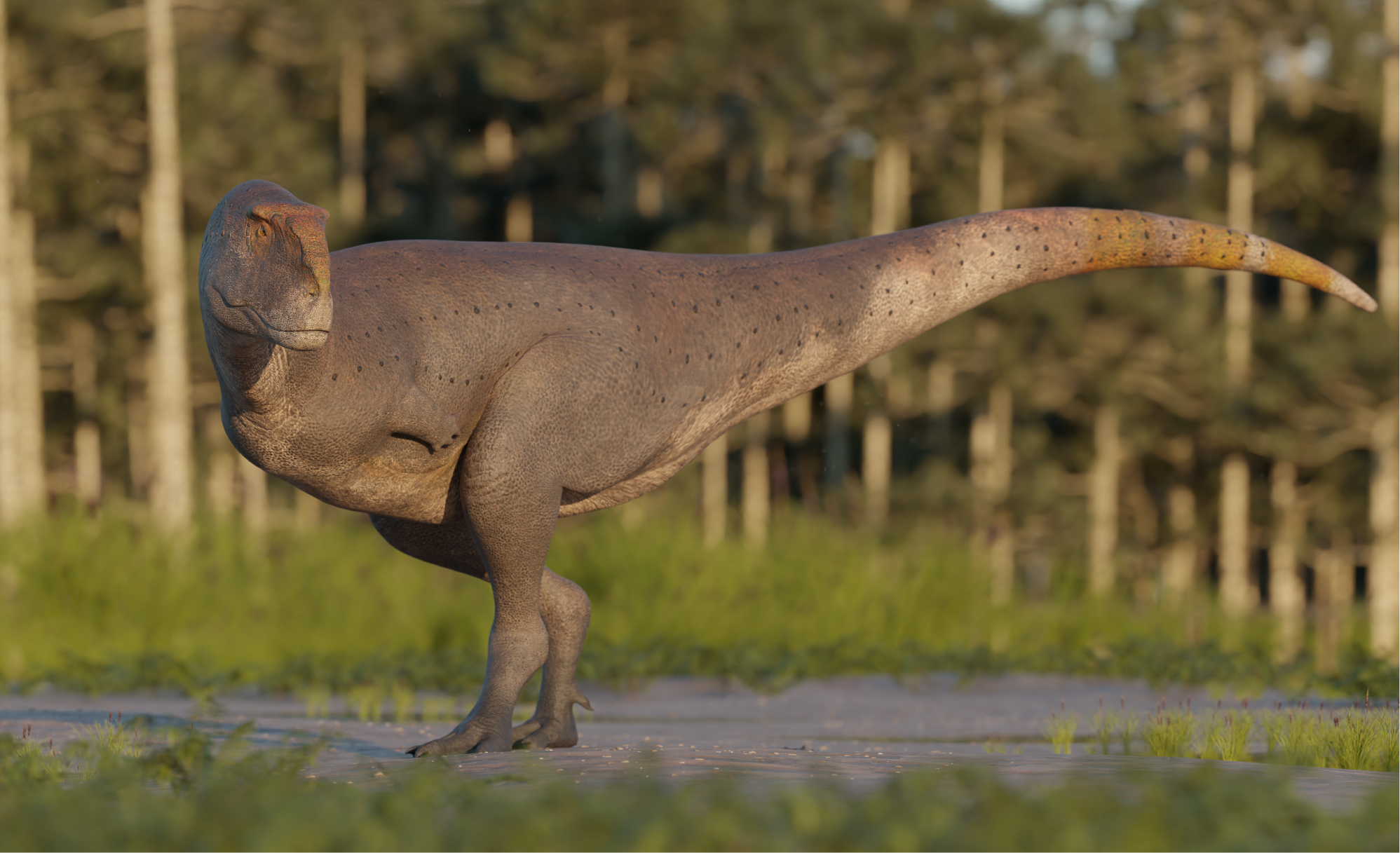
It’s not often that a new species of abelisaurid dinosaur gets discovered – the habitat of the famous Carnotaurus hasn’t yielded another abelisaurid since it was found 40 years ago – but that’s exactly what a CUHK-led team has just done. The extensive set of bones they found in South America come from Koleken inakayali, an agile apex predator that inhabited the ancient southern supercontinent of Gondwana 60-plus million years ago. The discovery sheds light on how predatory dinosaurs evolved and shows that more than one top predator lived side by side in Late Cretaceous ecosystems.
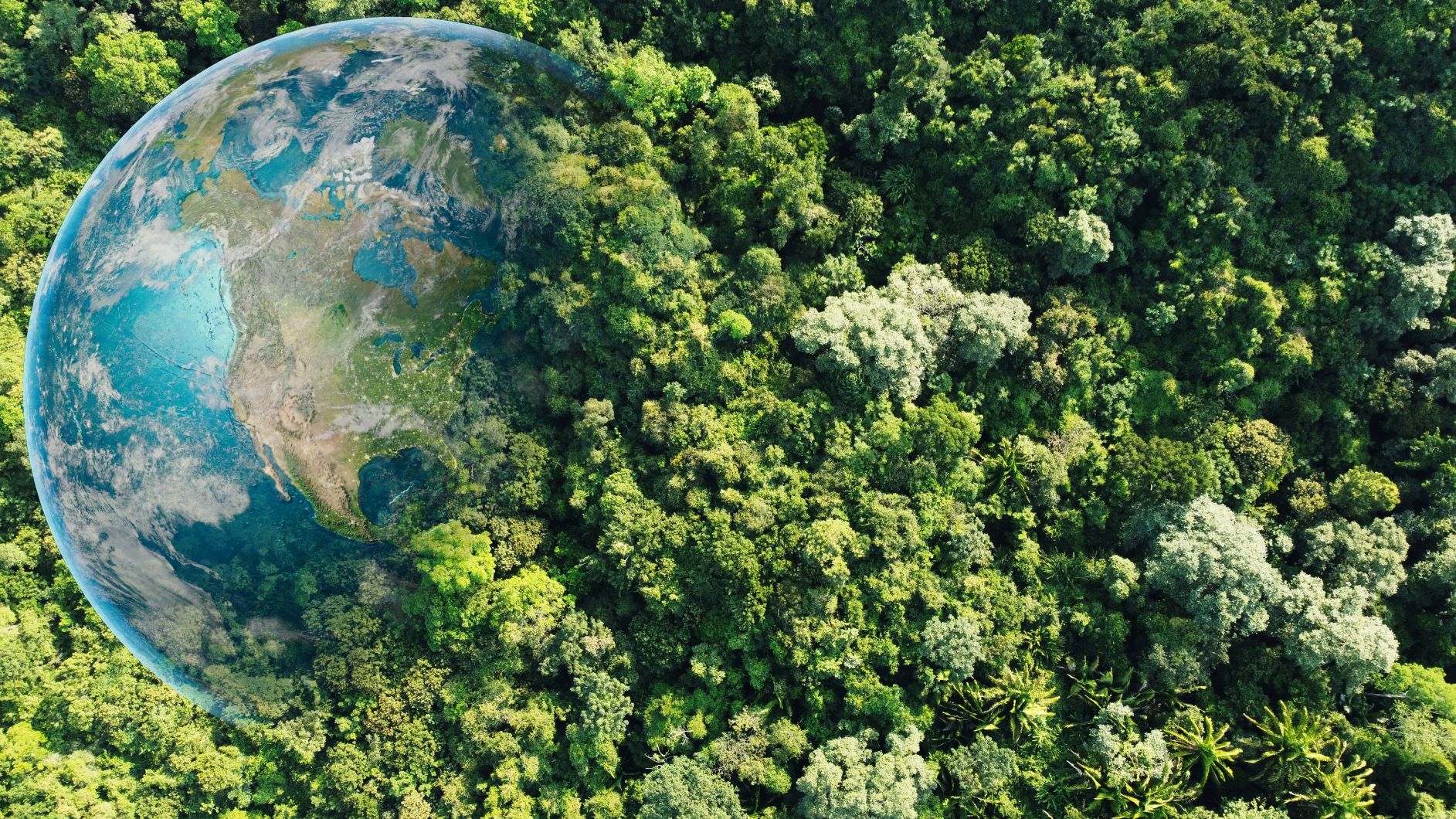
Picture the tropical forest - hot, humid and full of obstacles. The dense plant life, uneven terrain and wild animals make it extremely difficult for researchers to monitor temperatures near the forest floor, crucial data for understanding the impact of climate change. Yet CUHK scientists have braved this inhospitable realm, overcoming immense challenges to discover cooler microclimates close to the ground, and offering vital clues about how these precious ecosystems are responding to our warming world.